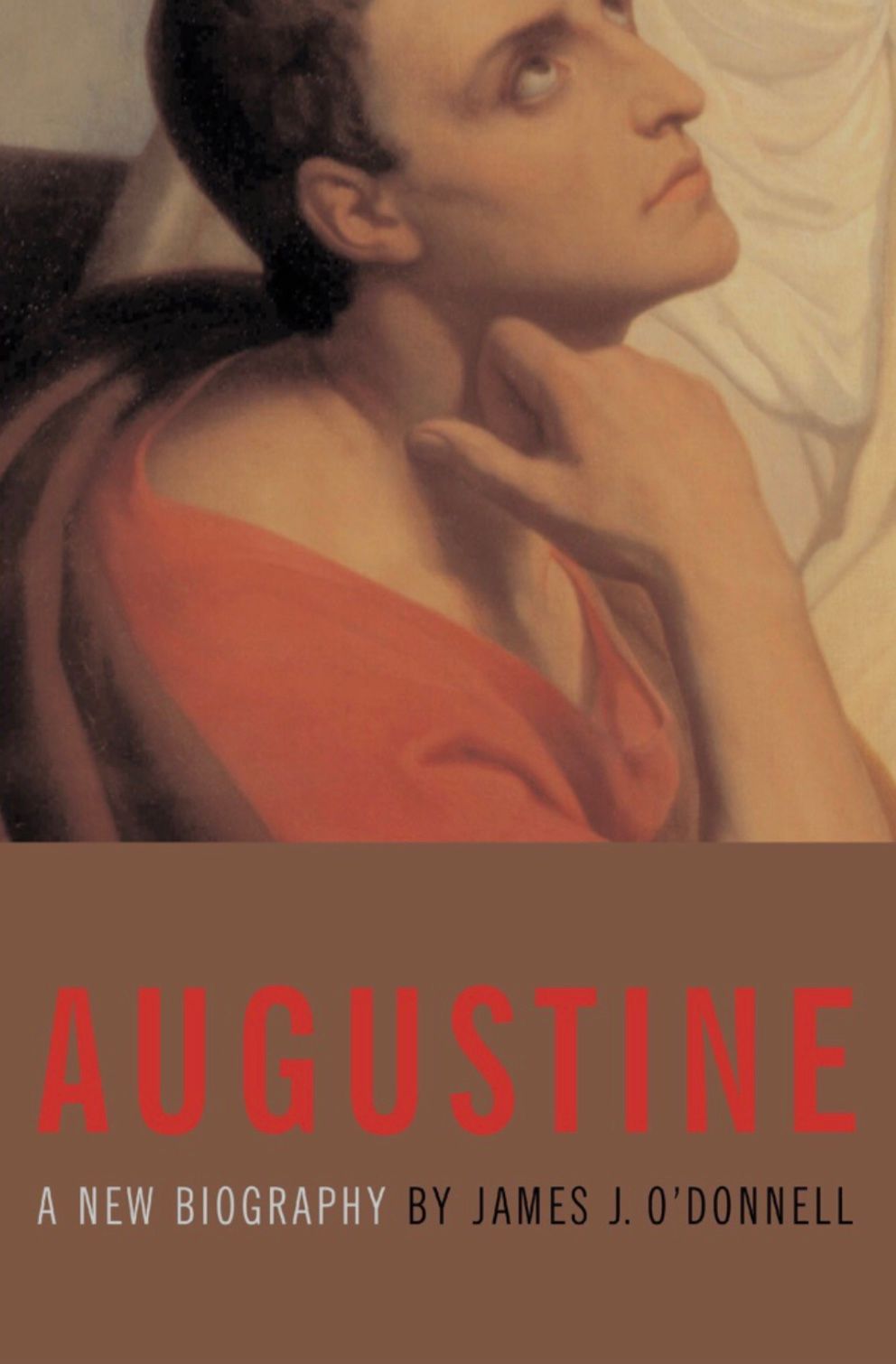BLACK HELEN OF TROY
If true the casting of a Black woman, Lupita Nyong’o, by the director Christopher
If you think this writing thing is difficult, spare a thought for St Augustine in the fifth century when an early reader of The Confessions, the gentleman named Consentius, living in intellectual isolation (as he tells it) on his native island of Minorca, decides to pen him a fan letter that ended up not so fanfarish:
About a dozen years ago, I went out and bought your Confessions and a number of your other works, not out of a good and praiseworthy zeal for your teaching, but just out of my damned lust for having them. Weighed down by my incredible sloth, I’ve kept them sealed up to this day. Just now I tried to read a few things there. I was struggling to understand some things and found them very finely discussed there. When I saw that the things I was thinking were laid out just like in a picture, I began to realize that when it came to the rest of the things I want to know, it’s not the teacher that’s lacking for me, it’s the student that’s lacking in me. To tell the truth in the sight of the master at last, it was four years ago—that is to say, before I started trying to get to know your holiness—that I read no more than two or three pages of the first book of the Confessions. In your paternal way you like to compare the minds of the empty-headed to eyes that are bleary and unseeing: that fit me perfectly. Repelled by the painful splendor of what you had to say, because I encountered nothing there of the soft and gentle kind that would soothe my damaged eyes, I gave up and went rushing right back to my usual ignorance and darkness and I avoided your books—not just the Confessions but all of them, more carefully than I avoid a viper’s poison.
He goes on at length to talk of himself as a student of the commentators on scripture, and he has already learned to look beyond the substance of what they say to their future fame:
Let us go over in succession all the commentators, the great ones, the catholic ones! But it’s hard not to note some spots of error even in the fairest of them. For even if we say that bishop Augustine writes impec- cable things, we still don’t know what posterity will say about his books. Not every perverse heretic writer—think especially of Origen!—was condemned while he was still alive, but now, two hundred years and more later, it’s clear that he is to be condemned.
Consentius, postmodern before his time, reveals to us what he himself is unaware of, that the cult of authority invariably carries with it suspicion of the same authority.

The readers (of whom there had been few) of St Augustine earlier works, what become known as the Cassiciacum dialogues would have found the self-indulgence of this new book familiar, but nothing could have prepared any reader, including the modern one, for St Augstine's white-hot prose, the ingenious adaptation of scriptural texts to a new story made almost scriptural by their resonance, the bold philosophical ambitions, the self-revelation mixed with self-concealment, and the sheer scale of performance to be found in the pages of The Confessions.
Even modern readers, especially those who find the exercise the most questionable and its underpinnings the most specious, are compelled to admit the seductive power of the text and its ability to shape a consciousness that would resonate with its concerns. Not again until the Florentine trecento (Dante) or the Romantic moment of Goethe and Wordsworth would there be writers who could unleash a book that so changed the sensibilities and expectations of its readers.
Most of St Augustine's contemporary readers we know of by name—Secundinus the Manichee, Vincentius Victor the Rogatist, Pelagius, Julian of Eclanum—found the book unpersuasive, even infuriating. They knew the man and didn’t buy his story at all, so the intensity and the doctrine all seemed false. Others—Augustine’s friend Possidius is the only one we can name, but in his Reconsiderations Augustine tells us there were many others—who were immediately charmed and moved and changed. Augustine himself was changed. Better still, the whole of the literary world was changed by The Confessions.
In our age, books of self-induldgent psychological insights like these are common as oxygen, most end up being mawkish and not as majestic and devastatingly accurate in revealing the author's gestalt, even outside his manipulative planning, as The Confessions. Few recall that St Augustine founded the genre as far back as the fifth century. Consentius's fears were misplaced, the future generations have been kind on St Augustine. Thus, we may conclude, as he suspected on his not so fanfarish letter that the problem was not with the teacher, but the laziness of the student that dimmed his eyes to the glories of the book.